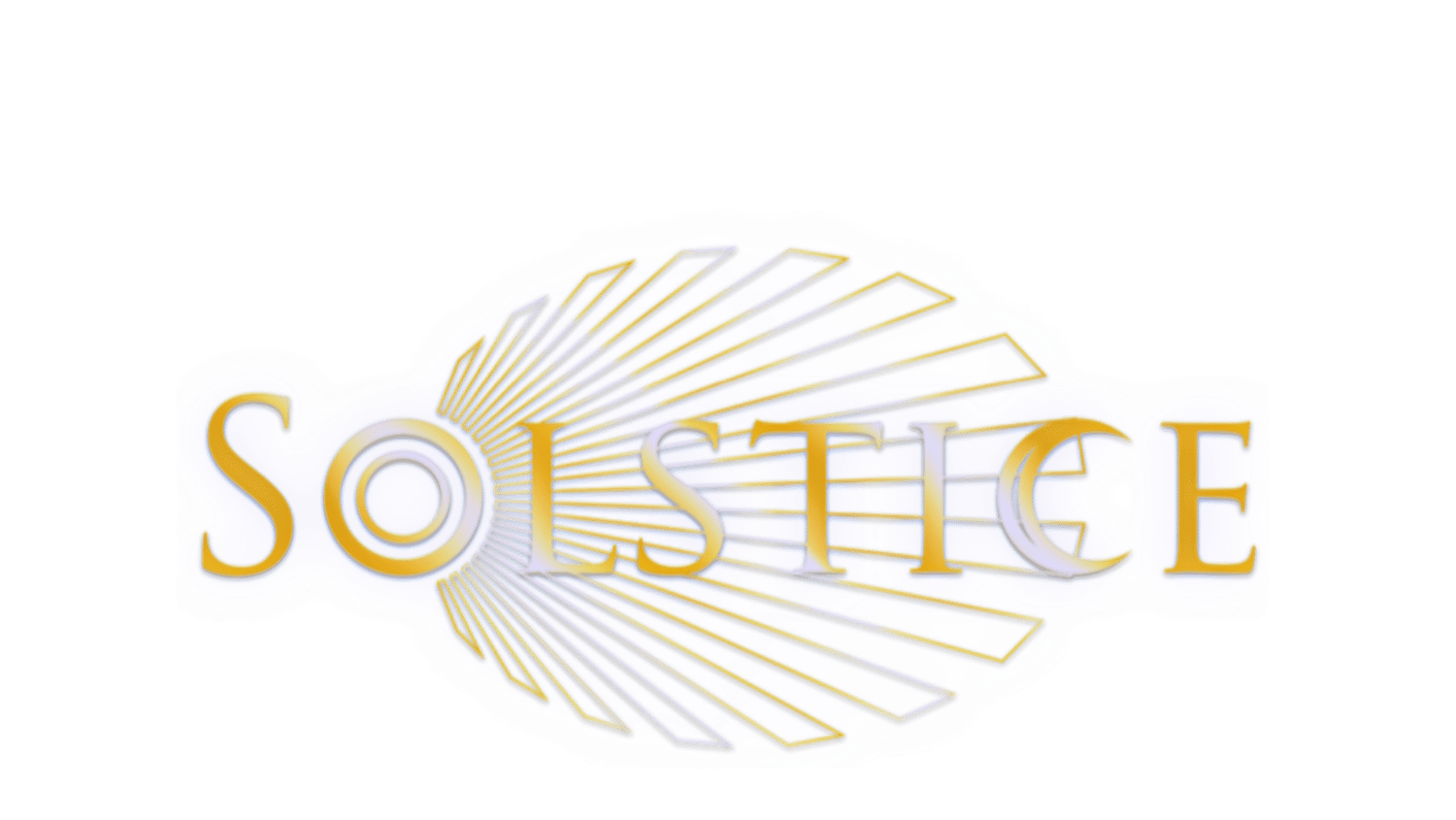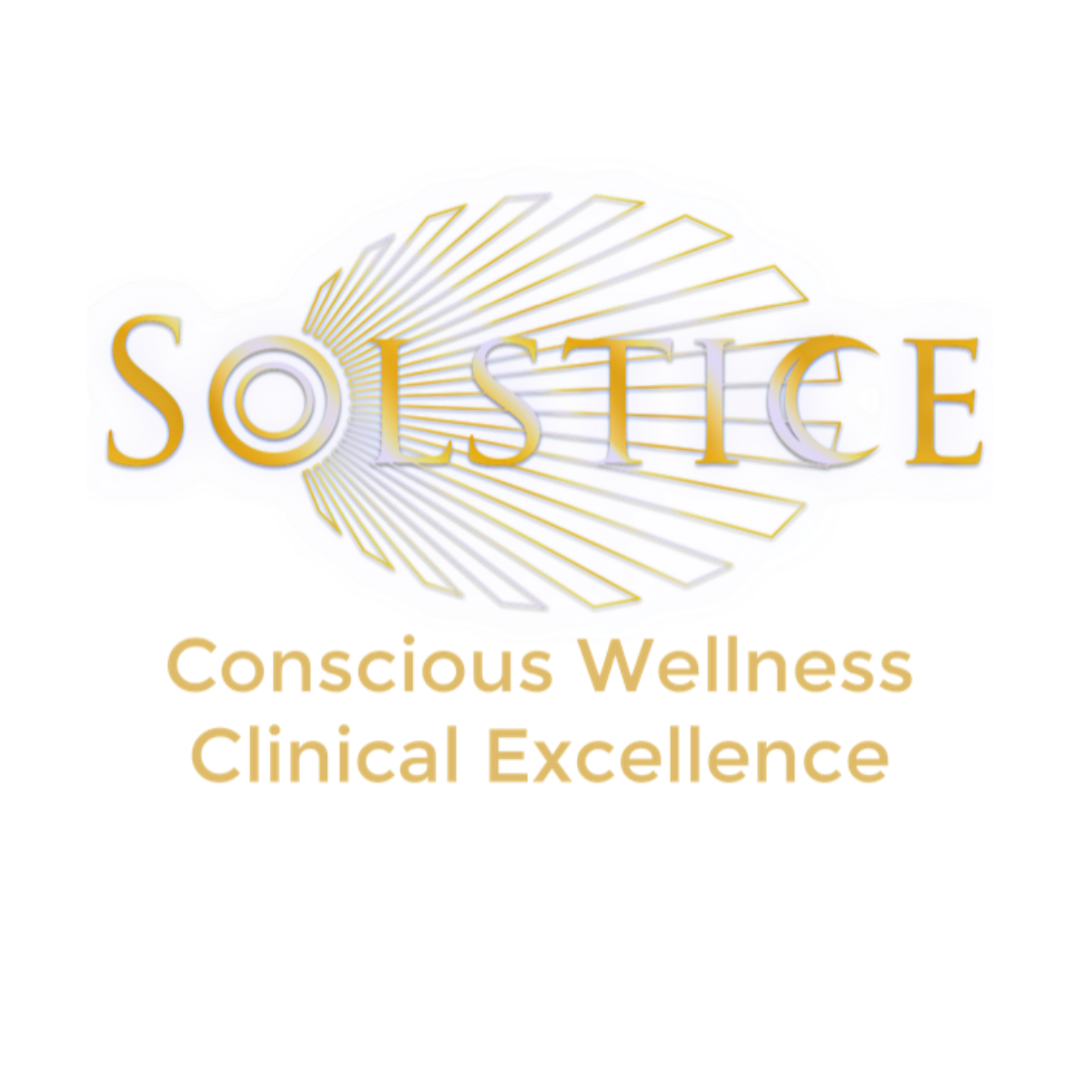
Alternative Modalities
QiGong
The concept of Qigong is based on meditation, breathing techniques, and gentle movements to move the “Qi” through your body. As mentioned above, the concept is based on the basic principle of meditation and mindfulness and combines it with physical movements. This is why Qigong is often seen as “standing meditation”. When you practice Qigong, you are working both on unifying your body and your mind. On the one hand you must learn to calm down and focus on your thoughts and breathing. On the other hand you have to concentrate on your movements.
Art Therapy
Art Therapy is a form of expressive therapy that uses the creative process of making art to improve a person’s physical, mental, and emotional well-being. The creative process involved in expressing one’s self artistically can help people to resolve issues as well as develop and manage their behaviors and feelings, reduce stress, and improve self-esteem and awareness. You don’t need to be talented or an artist to receive the benefits, and there are professionals that can work with you to dive into the underlying messages communicated through your art, which will aid in the healing process. Art therapy is appropriate for all ages!
Ecotherapy
Ecotherapy is based on the concept of connecting oneself with the earth and the natural surroundings through a range of modalities, including but not limited to: surfing, climbing, nature walks, cycling, and swimming. Through focusing on our connection to our surroundings, we can transfer these skills to connecting with others. In addition, ecotherapy provides the chance to quiet the mind to allow greater inner stillness and reflection to take place. Sometimes our inner voices can become so overpowering that the sound of waves breaking, wind blowing in the trees, or sun shining on our faces allow for us to begin making space in our minds.
Yoga for Anxiety & Depression
There is a robust evidence base reporting the benefits of yoga for the treatment of a range of mental health issues including stress, anxiety, and depression. Specific poses and sequences in therapeutic yoga have been designed to maximise the positive benefits for mental health.
Benefits of yoga for anxiety and depression include:
Increased distress/discomfort tolerance (a hallmark of psychological resilience)
Releasing the physical component of anxiety and stress
Deep relaxation
Increasing awareness and concentration
Overcoming self-limiting beliefs
Therapeutic Massage
We advocate a holistic approach to wellness. We recognise the interplay between our physical health; the environment we live in and create around us; the food we eat and the way we eat it; the relationships we exist in and our personal contribution to relational dynamics; our life experiences; and our mental wellness.
Therapeutic massage can benefit individuals suffering from chronic pain, anxiety and depression, especially when combined with other treatments such as psychotherapy or medication.
Our massage therapist provides a variety of holistic wellness services through our offices.
Mindfulness
Mindfulness meditation is a powerful technique with its roots in Buddhism. Mindfulness is the capacity to pay attention, non-judgmentally, to the present moment. It’s about living in the moment, experiencing one’s emotions and senses fully, yet with a healthy sense of perspective.
The benefits of mindfulness meditation have been extensively documented. It has been shown to improve mood, decrease stress/anxiety, boost immune function, and helps one to increase levels of discomfort/distress tolerance.
Music Therapy
Music Therapy is the clinical & evidence-based use of music interventions to accomplish individualized goals within a therapeutic relationship by a credentialed professional who has completed an approved music therapy program. Music therapy interventions can address a variety of healthcare & educational goals:
Promote Wellness
Manage Stress
Alleviate Pain
Express Feelings
Enhance Memory
Improve Communication
Promote Physical Rehabilitation
and more








